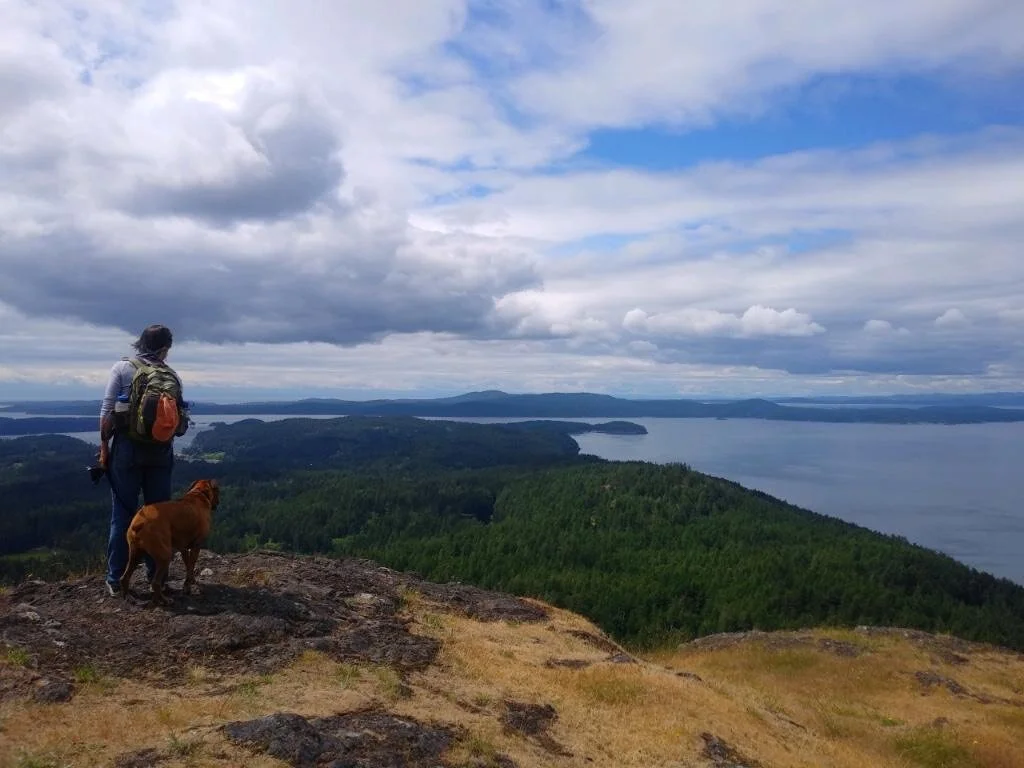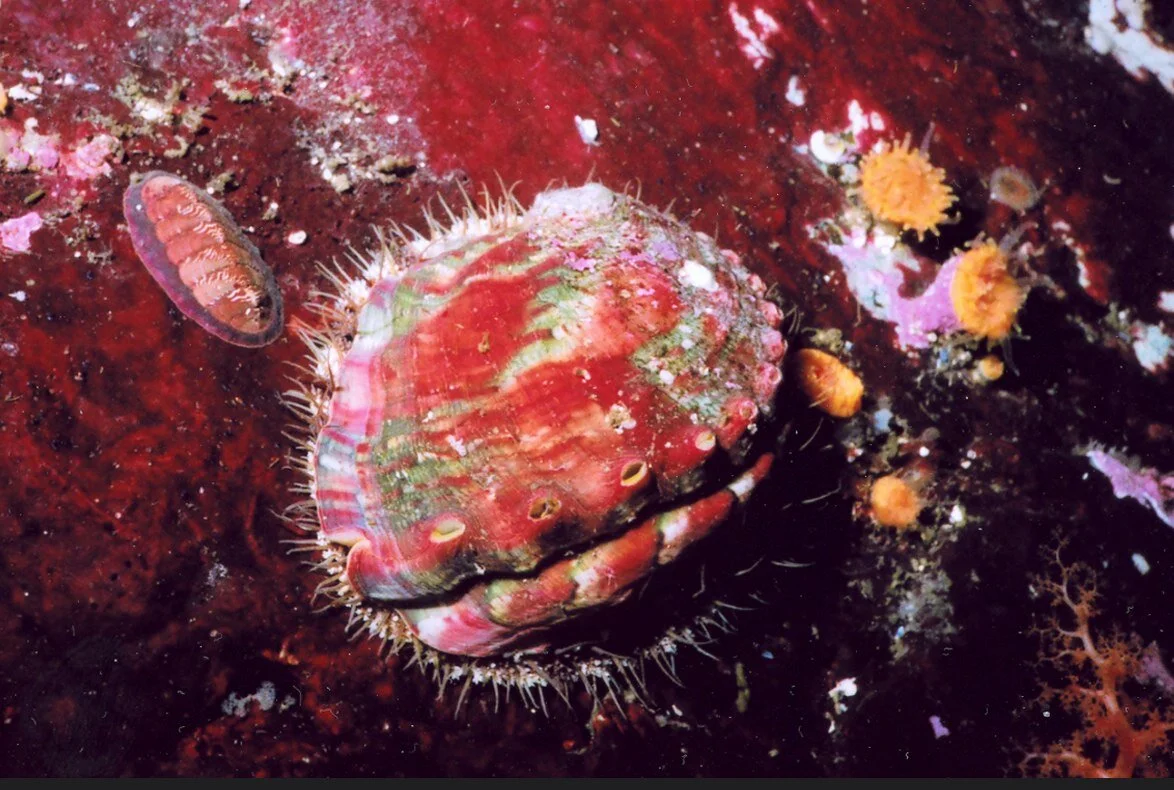You may already know Jean Lyle, who worked at SeaDoc for 10 amazing years and remains part of our extended family. She’s a truly wonderful person and a lover of the natural world, most specifically the Salish Sea. If there’s a body of water, she’s swimming it in. If there’s a trail, she’s hiking it.
A few years ago, Jean pledged a legacy gift to the SeaDoc Society, and she shares her reasons below. A legacy gift is a planned future donation - a way to make an investment in something you care about after you are gone. It also can make a difference for you. Legacy giving can provide important tax benefits, including a charitable income tax deduction or savings on capital gains taxes. Gifts can be structured to give you lifetime use of your property or lifetime income from your investments. It’s what we call a win-win.























